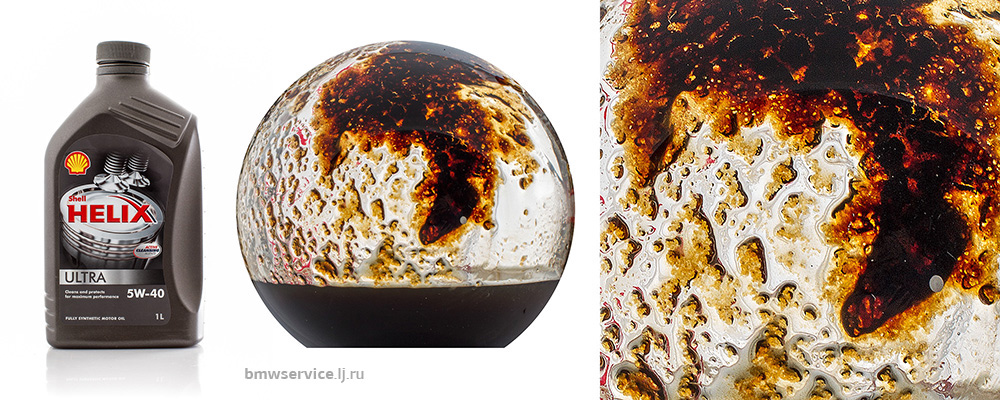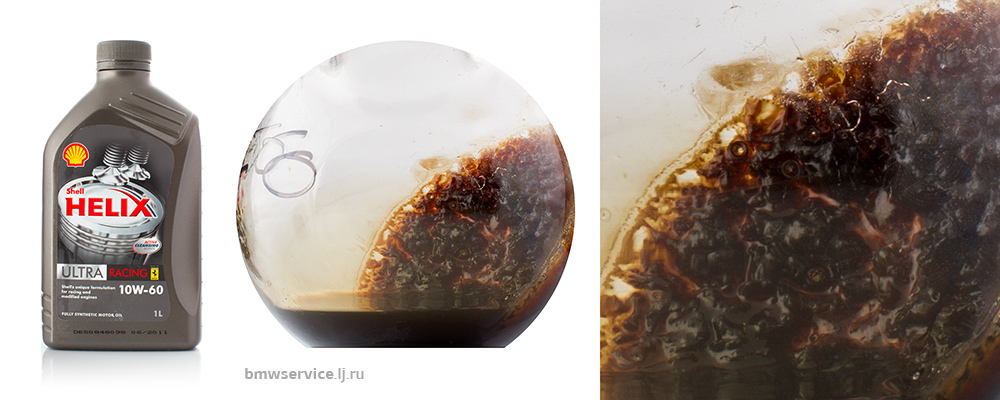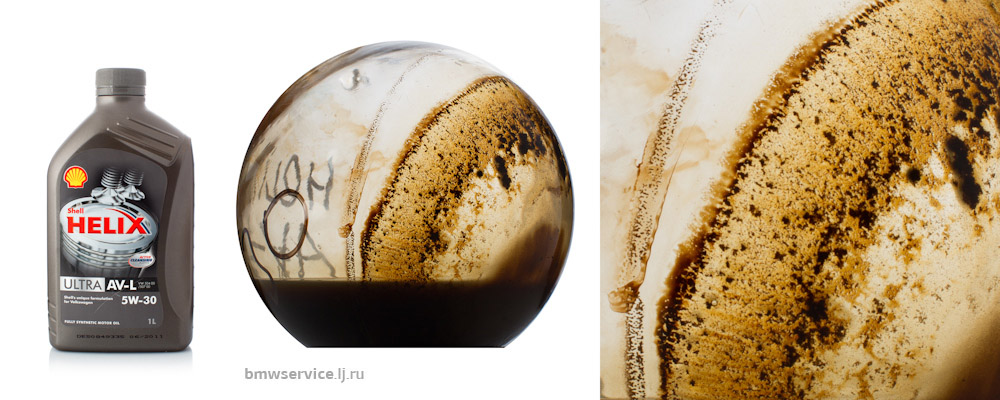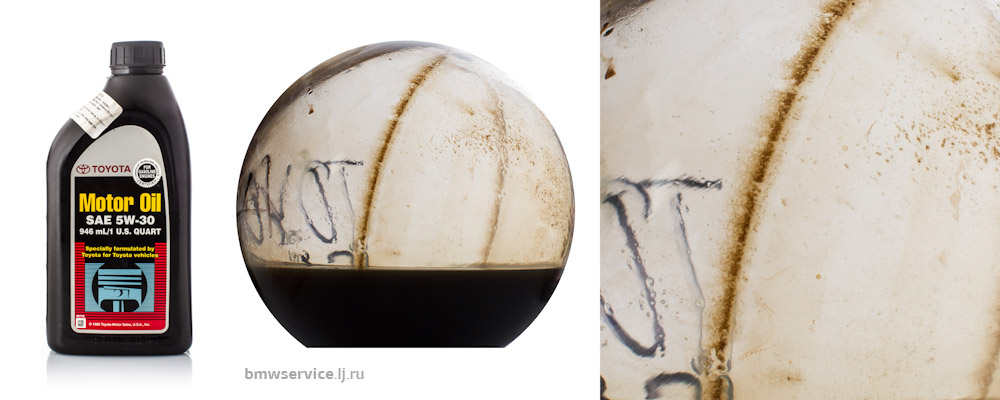Hey guys, sorry about this but I just want to say that I am looking to change my oil from the AWESOME Idemitsu 0W20 soon.
Idemitsu has given me a quiet engine and smooth performance and felt like QSUD 5W20.
I would like to run another 0W20 but I only have Toyota 0W20 next.
But everywhere I read, the UOA's for ALL Mobil products are very spotty. Either they are awesome or show tons of copper, iron, and lead in the UOA. And usually 1-2 of the three with one wear metal very low. Then you'll see a spotless UOA, less than 4ppm across the board for all wear metals with maybe a 7ppm for iron. Odd.
My TRUSTED motor oils right now are PP, QSUD, and Idemitsu. I'd like to trust Exxon (Mobil) products but feel they are very inconsistent.
I am graduating soon, and currently working, and my stance right now on Toyota 0W20 is I'd absolutely love to trade the stuff for PYB 5W20 if it were easy. Exxon isn't anywhere near the addpack of Sopus (Shell) or Idemitsu by a long shot for a wide gamut of vehicles.
I would like your hands on opinion for or against Toyota 0W20. I am not convinced. I want to feel good about running this oil but don't want to feel like I am damaging a Honda engine that currently burns NO oil at all. Help me use this oil with confidence or confidently give it away.
Idemitsu has given me a quiet engine and smooth performance and felt like QSUD 5W20.
I would like to run another 0W20 but I only have Toyota 0W20 next.
But everywhere I read, the UOA's for ALL Mobil products are very spotty. Either they are awesome or show tons of copper, iron, and lead in the UOA. And usually 1-2 of the three with one wear metal very low. Then you'll see a spotless UOA, less than 4ppm across the board for all wear metals with maybe a 7ppm for iron. Odd.
My TRUSTED motor oils right now are PP, QSUD, and Idemitsu. I'd like to trust Exxon (Mobil) products but feel they are very inconsistent.
I am graduating soon, and currently working, and my stance right now on Toyota 0W20 is I'd absolutely love to trade the stuff for PYB 5W20 if it were easy. Exxon isn't anywhere near the addpack of Sopus (Shell) or Idemitsu by a long shot for a wide gamut of vehicles.
I would like your hands on opinion for or against Toyota 0W20. I am not convinced. I want to feel good about running this oil but don't want to feel like I am damaging a Honda engine that currently burns NO oil at all. Help me use this oil with confidence or confidently give it away.








